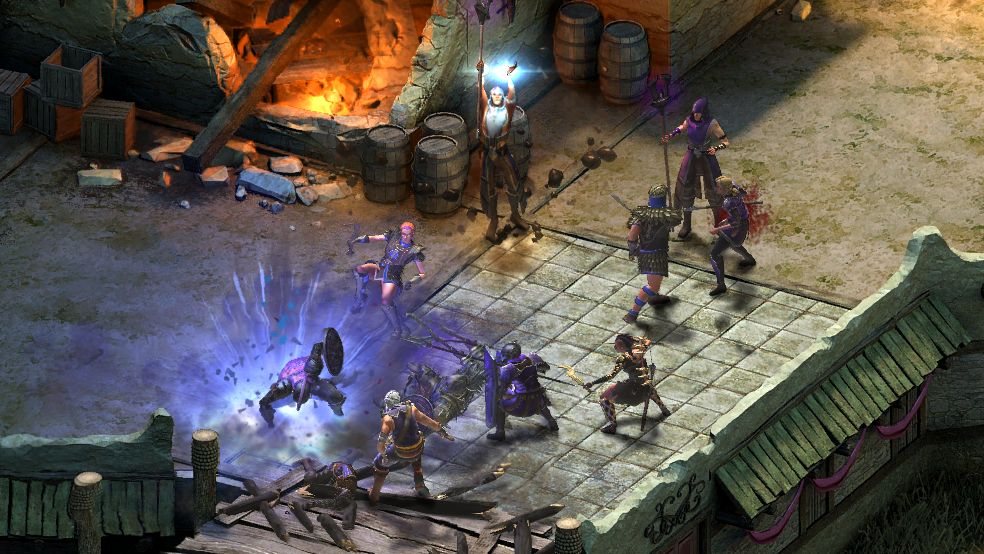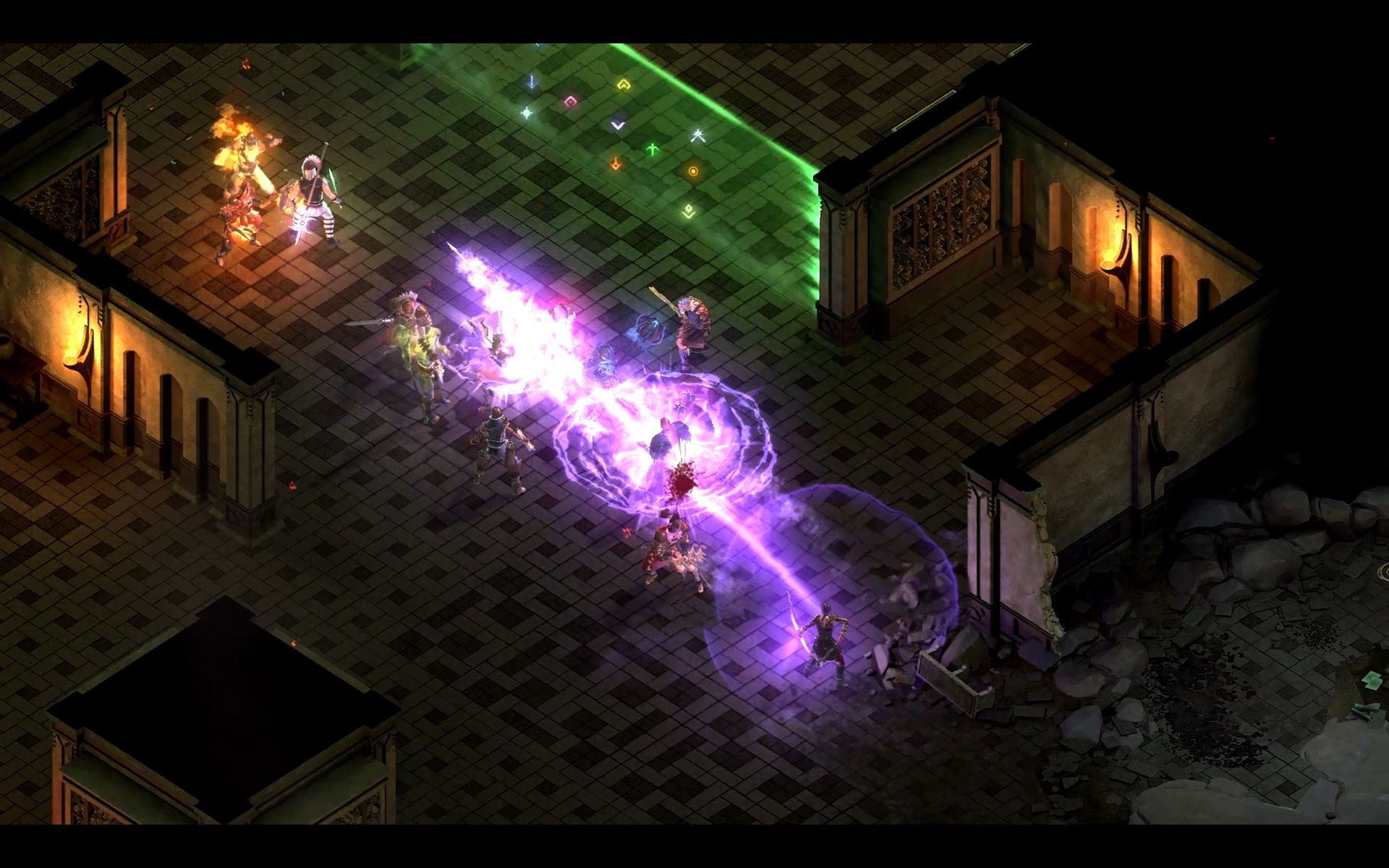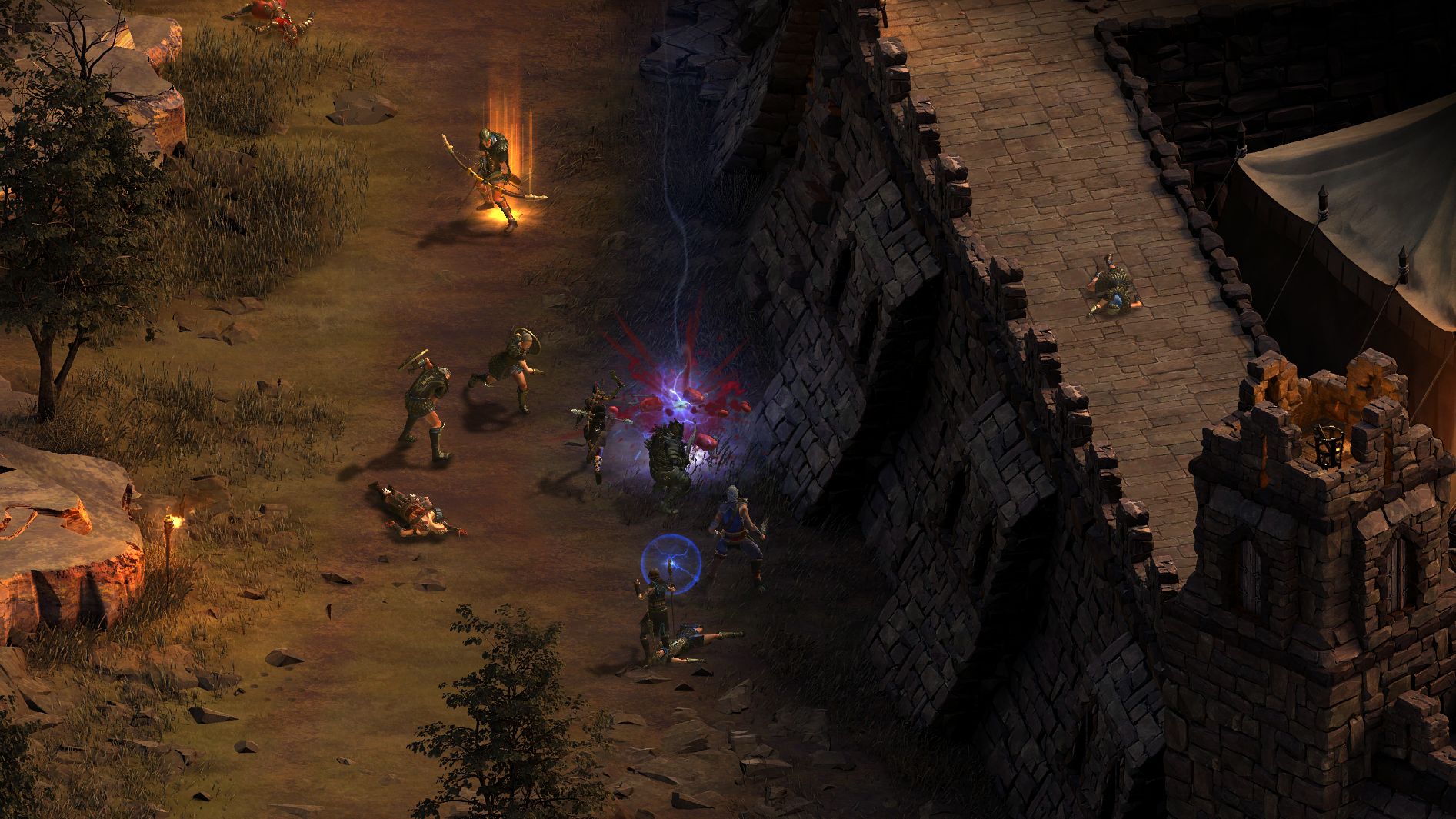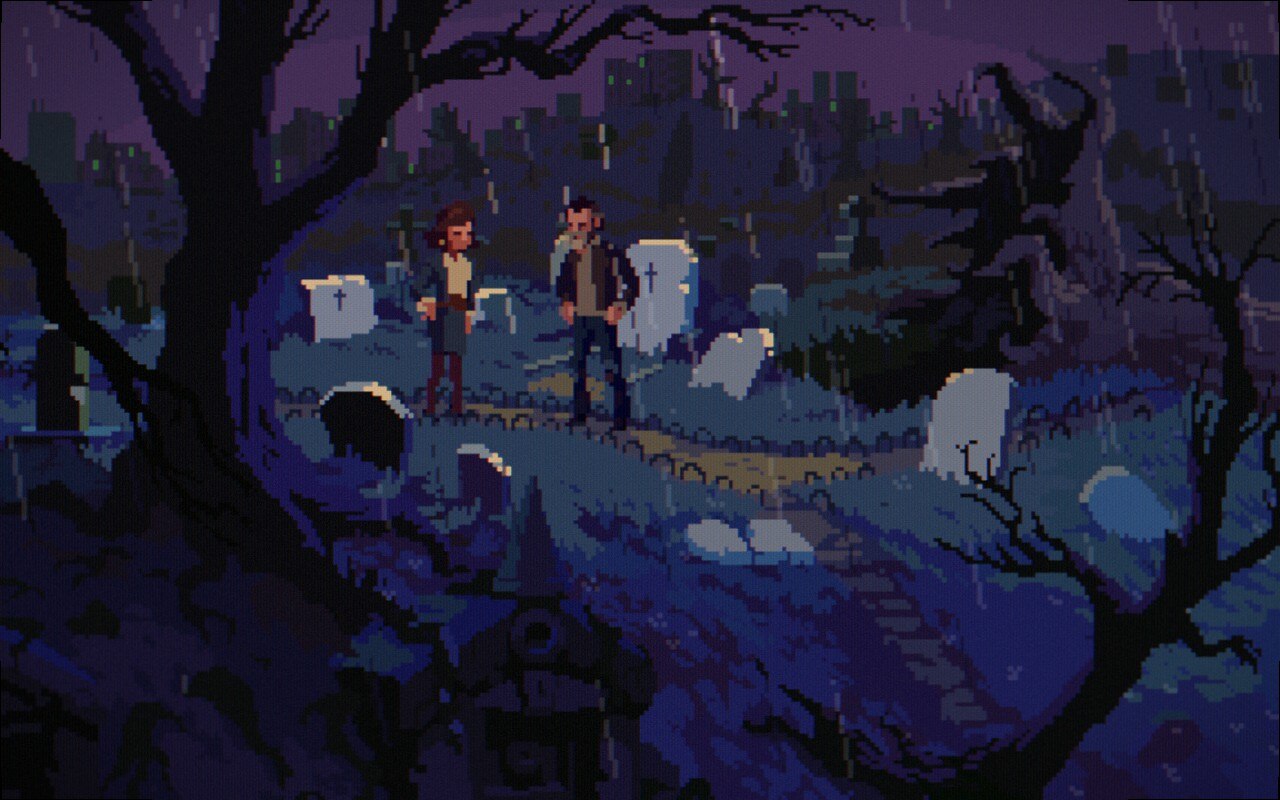Tyranny: crushing rebellions with slick, improved combat
The spiritual successor to Pillars of Eternity shows elegant improvements.

Weeks before I step into Paradox' E3 booth, I receive a questionnaire asking me to define the evil bastard I'd like to play in their new RPG. It's an unusual step, and one designed to show the diverse ways you can be a dick in Tyranny, a game all about surviving in the employ of a horrible empire.
Rebels have taken over a fortress, and must be crushed, but the situation is complicated. Two different armies have been dispatched to do the deed, and they hate each other. What's more, the evil lord of the land, Kyros, is so keen to get this over with that he's issued an edict, which acts like a curse in this world. If the rebel situation isn't dealt with by nightfall everyone involved in resolving the problem will die. Expect more stick than carrot from your superiors.
Tyranny looks beautiful thanks to more of the gorgeous high-res background art that made Pillars of Eternity a pleasure to explore. Characters are 3D models once again, and seem to mesh even more convincingly with the background aesthetic. Even the softly glowing magic barrier rebel mages are using to keep us out of the castle looks good. Tyranny, like Pillars before it, proves that the top-down RPG can still look sumptuous to modern audiences.

After some squabbling with representatives of my reluctant allied armies, I take my party of four north to find a way over the wall. Here I encounter a focal point, which gives you a little detail in text and allows you to take specialised environmental actions, in this case the ability to climb up a cracked wall to make it into the keep. The mages are soon dealt with, and the magic surrounding the gate diffuses with a satisfying pop.
I was working with a party of four—fewer than Pillars' six-person standard—which gives my party greater focus, and makes the roles of each member more important. Realtime-with-pause party combat returns, but this time in a much more readable form. Pillars had a decent tactical combat system, but forced players to go digging to discover important combat mechanics. Tyranny is much clearer. Once you've queued up a warrior's shield bash a circular timer above their head lets you know exactly when the move will be executed. The free disengagement hits adventurers get when an enemy moves out of combat are now clearly signposted and the UI has been revamped to make character skills easier to access.
Once again, different classes' skills and spells interweave with other party members' abilities. Tanks can taunt to refocus nearby enemies on him, allowing for rogue types to land their specialist high-damage flanking attacks. This time characters can act with even greater synergy using co-op attacks. In my party my rogue can activate a skill that trips an enemy, causing my warrior to automatically run over and punch the downed enemy in the chest. The blow is savage enough to cause bleeding damage, but it's also a fine way to interrupt a spellcaster. Interrupts again form an important part of the combat system. Shield-bashing and chest-punching mages is a fun way to take them out of the fight.

In my final confrontation with the rebels I get into a slanging match in the castle keep. As in Pillars, if you've levelled certain attributes you'll gain access to extra conversational gambits that can change a combat encounter, or circumvent it entirely. In this case I leverage my moxie to threaten the enemy. Obsidian says that you'll get better rewards for talking your way around problems in Tyranny. If, for example, your threat causes an archer to give up and flee the field, you'll gain experience as though you'd defeated him in combat. This makes conversational victories more satisfying, and means that the bloodiest route through a scenario won't necessarily give you an XP advantage.
Keep up to date with the most important stories and the best deals, as picked by the PC Gamer team.
At the end of the demo I'm given a number of choices, including the option to seemingly ignore the overlord's edict entirely. There's no time to see how that plays out, sadly. In this short segment it's impossible to tell if Tyranny has the narrative breadth of Pillars of Eternity, but the changes to combat alone are excellent, and a sign that Obsidian is doing a good job of perfecting the formula.
Part of the UK team, Tom was with PC Gamer at the very beginning of the website's launch—first as a news writer, and then as online editor until his departure in 2020. His specialties are strategy games, action RPGs, hack ‘n slash games, digital card games… basically anything that he can fit on a hard drive. His final boss form is Deckard Cain.


